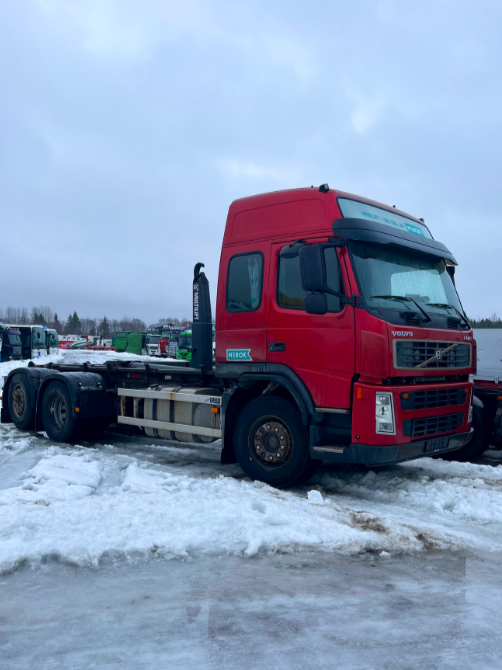Guide to importinng a truck to Spain

Importing a truck to Spain can be a complex process, but understanding the necessary steps can make this process much easier. In this guide, we provide you with a detailed, step-by-step overview of how to import a truck to Spain, from initial research to completing the importation process.
1. Preliminary Research
Before diving into the importation process, it is essential to conduct thorough research. Start by familiarizing yourself with the legal and regulatory requirements for importing a truck to Spain. This includes understanding the necessary documents and specific regulations that may affect the importation of your vehicle. Additionally, take the time to find the right truck to import, considering factors such as brand, model, year, and vehicle condition.
2. Required Documentation
Once you have selected the truck you wish to import, it's time to gather the necessary documentation. This includes importer identification documents, such as your passport or identification card, as well as vehicle documents such as the title of ownership, purchase invoice, registration certificate, and any other relevant documents. Additionally, you may need to obtain certificates of compliance and approval, as well as a certificate of registration.
3. Step-by-Step Importation Process
The process of importing a truck to Spain involves several steps. First, you will need to complete and submit the necessary documents to the customs authorities. Then, your truck will undergo customs inspection to verify its compliance with Spanish regulations. Once the inspection is approved, you can proceed with vehicle registration in Spain, obtaining Spanish plates, and paying the corresponding taxes.
4. Associated Costs and Fees
It is important to consider the costs and fees associated with importing a truck to Spain. These may include customs duties, value-added tax (VAT), and other related expenses such as customs agent fees and transportation costs. Be sure to budget adequately for these costs and consider any additional expenses that may arise during the importation process.
5. Special Considerations
In addition to the basic importation requirements, it is also important to consider any special considerations that may apply to your specific truck. This may include environmental regulations, emissions restrictions, and safety standards. Be sure to research and comply with all relevant regulations to ensure a successful and legal importation of your truck to Spain.
6. Seek Professional Advice
If you feel overwhelmed by the importation process, remember that there are professionals who can assist you. At Importing Truck, we specialize in facilitating the entire importation process, from reviewing vehicle documentation to homologation and registration. Our team of experts is here to assist you every step of the way, ensuring that your importation is carried out smoothly and in accordance with all current regulations.

